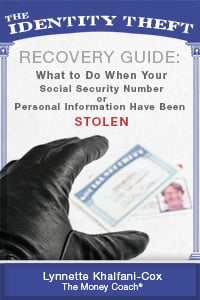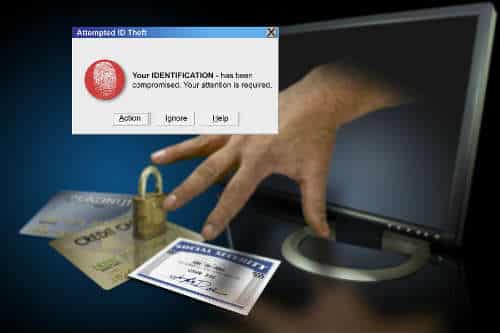A subscriber to my newsletter went to Half.com, a division of Amazon.com and ordered a book. When she got her Discover card statement, she found a bogus charge described as Amazon.com. She wanted to know what to do.
This sounds like a case of identity theft (i.e. use of your credit card number without your knowledge or consent) by someone on Half.com and/or Amazon.com.
Do follow Amazon’s advice and alert Discover about this incident. Request that Discover reverse the charge and have them cancel that card and re-issue you another one.
You should also immediately pull your credit reports — all three of them, from TransUnion, Equifax, and Experian. You can get 1 credit report fee of charge every 12 months from each credit bureau via www.annualcreditreport.com.
If you’ve already gotten a report via annualcreditreport.com, just go to the bureau’s website, and request a credit report online directly from them. Don’t buy a credit report. Find the site info for each website that gives free credit reports for the victims of identity theft. Under the Fair Credit Reporting Act, if you’ve been a victim of fraud or identity theft you do not have to buy a credit  report.
report.
After you get your reports, scrutinize them to make sure no other unauthorized charges have been made and that no accounts have been opened in your name. If you detect any suspicious activity, notify a local law enforcement agency, as well as the Federal Trade Commission (www.ftc.gov). Lastly, if fraud did occur, put a fraud alert or a credit freeze on your credit reports to prevent this identity thief from accessing your credit in the future.
A final word: it sounds like Amazon knows who was involved, or at least has more information about individual/Amazon user who misused your card. Since Amazon said they’re willing to turn over other info to law enforcement, or Discover, you should definitely notify the authorities and Discover of that fact.
For more information of what to do if you are a victim of identity theft read this.








